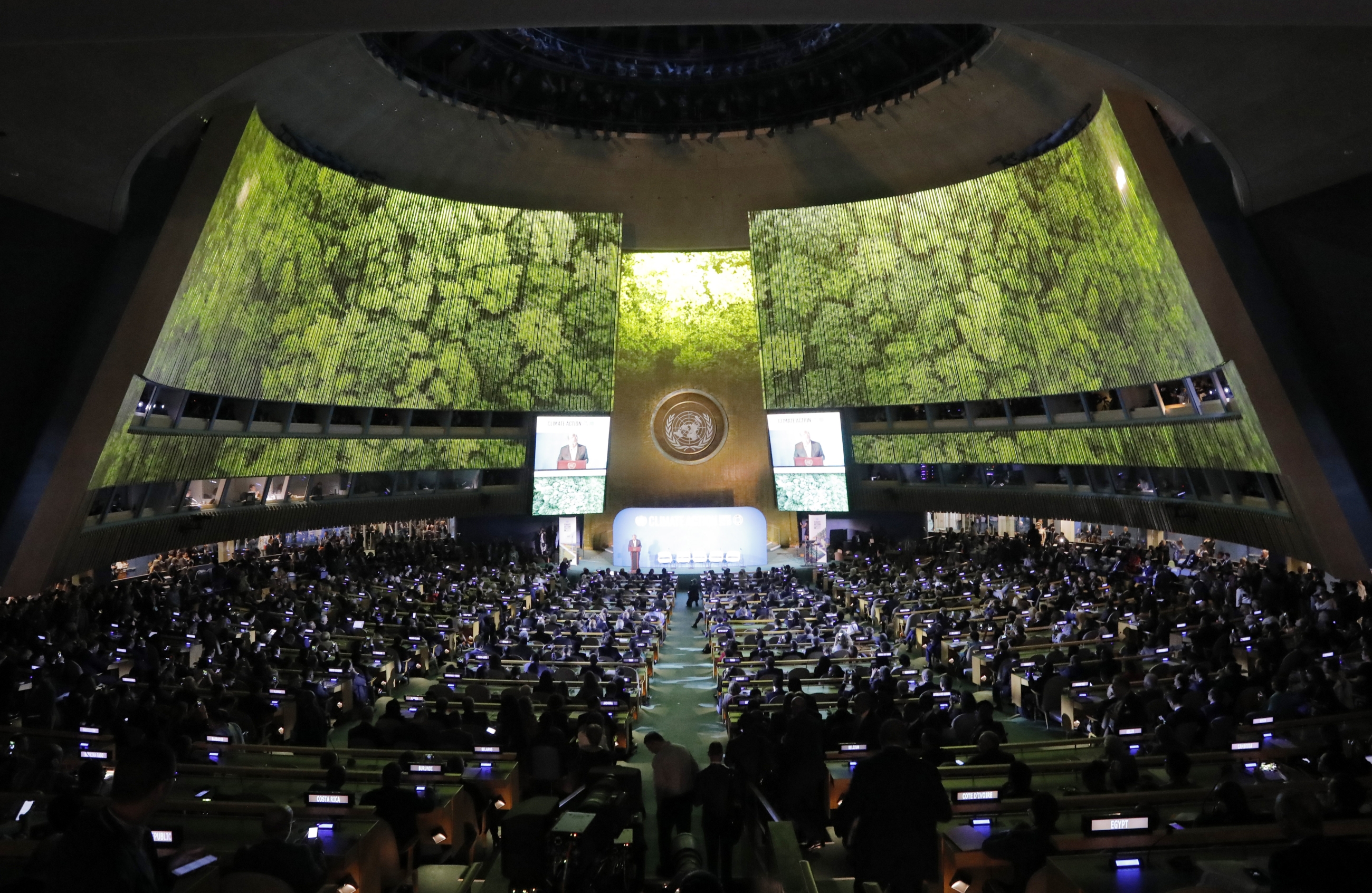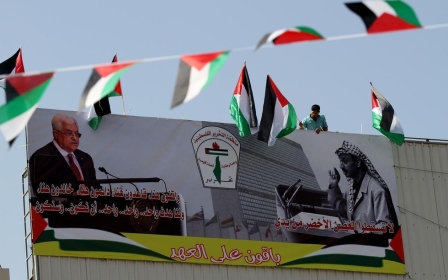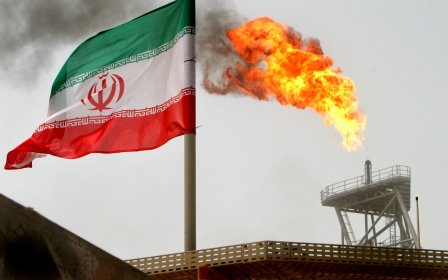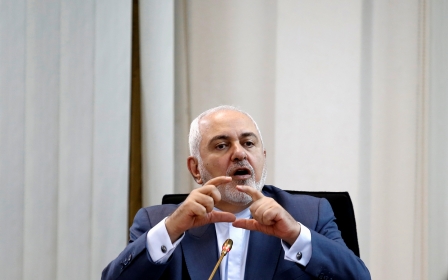Visas to the UN: What are Washington's obligations to foreign diplomats?

When Washington issued visas late last week to Iranian leaders and diplomats to attend the UN General Assembly in New York, it was just days left before their scheduled appearance at the world's largest diplomatic gathering.
The delay prompted Iranian Foreign Minister Mohammad Javad Zarif to accuse US Secretary of State Mike Pompeo of attempting to "dodge US obligation to issue visas for UN delegates".
The meeting of the 193 member countries of the General Assembly is held annually at the organisation's headquarters in New York in a district that is under the control and authority of the UN.
However, to get to New York City, one must be allowed into the United States. So what is the "US obligation" when it comes to issuing visas for the UNGA?
Under the UN's "headquarters agreement", signed in 1947, visas for foreign diplomats who have been invited to the United Nations are required to "be granted without charge and as promptly as possible".
The process for any head of state or government official obtaining a visa to the US is fairly simple. All that is needed is an application, a copy of the official's passport and a photo.
But here's where things get complicated.
Washington only accepted the UN agreement after Congress passed Public Law 80-357, which said that nothing within the accord could weaken its ability to "safeguard its own security and to completely control the entrance of aliens into any territory of the United States other than the head-quarters district and its immediate vicinity".
The US has said that the law allows it to deny entry to anyone for "security, terrorism, and foreign policy" reasons - a provision that the UN has disputed.
Washington can also limit the movement of visiting diplomats within the United States.
For example, Pompeo announced earlier this year that Zarif's movement in New York City would be limited to six blocks in New York - between the UN headquarters, the Iranian UN mission and the ambassador's residence.
"US diplomats don't roam around Tehran, so we don't see any reason for Iranian diplomats to roam freely around New York City, either," Pompeo said in July.
The US versus the UN
The US law and UN interpretation of the agreement have clashed in the past.
In 1988, then-US Secretary of State George Shultz denied Palestine Liberation Organisation Chairman Yasser Arafat a visa to attend the UN General Assembly.
The UN responded to the decision by adopting a resolution concluding that Washington had violated its obligations under the 1947 Agreement. As a further rebuke, the UN moved its General Assembly meeting that year from New York to Geneva, to allow the Palestinian leader to speak.
In 2014, the administration of former President Barack Obama denied a visa to Iran's nominee for ambassador to the UN, Hamid Aboutalebi, citing his alleged role in the takeover of the US embassy in the Islamic Republic and the subsequent hostage crisis in 1979.
US government-funded Radio Farda also reported on Sunday that while Iran's President Hassan Rouhani will be able to attend the UNGA, many of his aides were not granted US visas.
At the same time, the US has granted visas to a number of heads of state who have been at critical of US foreign policy, including Libya's Muammar Gaddafi and Cuba's Fidel Castro.
On Thursday, however, the US expelled two Cuban diplomats to the UN, citing a "national security threat".
Brazil will open the general debate remarks on Tuesday, maintaining a 64-year tradition where representatives of the South American country speak first.
Rouhani is also expected to speak on Tuesday as his country tries to fend off US pressure amid escalating tensions.
Although both Zarif and Rouhani will be able to attend the summit in New York, the Americans have made it clear to their Iranian guests that they are not welcome.
"They made it very clear in a letter that they attached to my visa that I'm not eligible to get a visa, but they're doing it on a waiver basis. So they want me to know that I'm not supposed to be here," Zarif, who is under US sanctions, told CBS news on Sunday.
Middle East Eye propose une couverture et une analyse indépendantes et incomparables du Moyen-Orient, de l’Afrique du Nord et d’autres régions du monde. Pour en savoir plus sur la reprise de ce contenu et les frais qui s’appliquent, veuillez remplir ce formulaire [en anglais]. Pour en savoir plus sur MEE, cliquez ici [en anglais].




